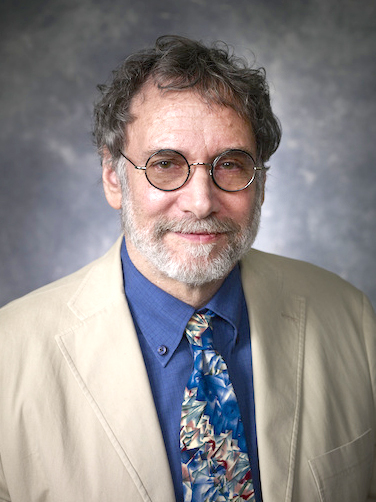
Dr. Todd Sandler
In recent years, developing nations have been common terrorism targets. UT Dallas professor Todd Sandler says the attacks are reducing foreign investment in these countries because potential investors are seeking safer locations.
Sandler, the Vibhooti Shukla Professor of Economics and Political Economy, co-authored “Foreign Direct Investment, Aid and Terrorism.” The report was published online in Oxford Economic Papers and is slated for print production in the journal next year.
The research explains the relationships between terrorism and foreign direct investment (when one country invests in another country), and how those relationships are affected by foreign aid flows.
“Foreign direct investment for developing countries is their engine of growth,” Sandler said. “Basically, it’s how they get savings to invest. If it is jeopardized, it’s bad news for their economy.”
The study focused on 78 developing countries from 1984 to 2008, said Sandler, who also serves as the director of the Center for Global Collective Action in the School of Economic, Political and Policy Sciences. Through statistical analysis, researchers created more than 20 different models to measure the impact of domestic and transnational terrorist events during the time period.
“It’s really important to understand how destructive terrorism is, beyond the body count. Unless you know that, you have no idea how much money you should spend to protect your country.”
Dr. Todd Sandler,
Vibhooti Shukla Professor of Economics and Political Economy
The researchers concluded that both forms of terrorism have sizable negative effects on foreign direct investment in the country where the attack takes place. Terrorist attacks increase the cost of doing business — they raise political instability, destroy infrastructure and put workers at risk.
Transnational terrorism, or terrorism in which at least two nations’ citizens or properties are involved, creates a greater loss of investment. Domestic terrorist attacks have less impact, Sandler said.
“Often terrorists don’t get what they want,” he said. “Their demands aren’t met, but they can get the visibility they seek. They want the economy to suffer from their attacks. This study shows terrorists have the ability, at least with (foreign direct investment), to make the economy suffer.”
One way to lessen the economic effect of terrorism is foreign aid, Sandler said. Developing nations can use foreign aid provided by developed nations to fund counterterrorism activities.
In cases of transnational terrorism, the study found that foreign aid lessens the effect by five-sixths. In domestic terrorism cases, it lessens the effect by two-thirds.
Sandler said the study can teach developing countries how vulnerable they are on the economic front. The attacks can cost hundreds of millions of dollars in lost foreign investment, he said, but there are ways to soften the effects.
“It’s really important to understand how destructive terrorism is, beyond the body count,” he said. “Unless you know that, you have no idea how much money you should spend to protect your country.”